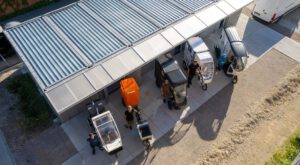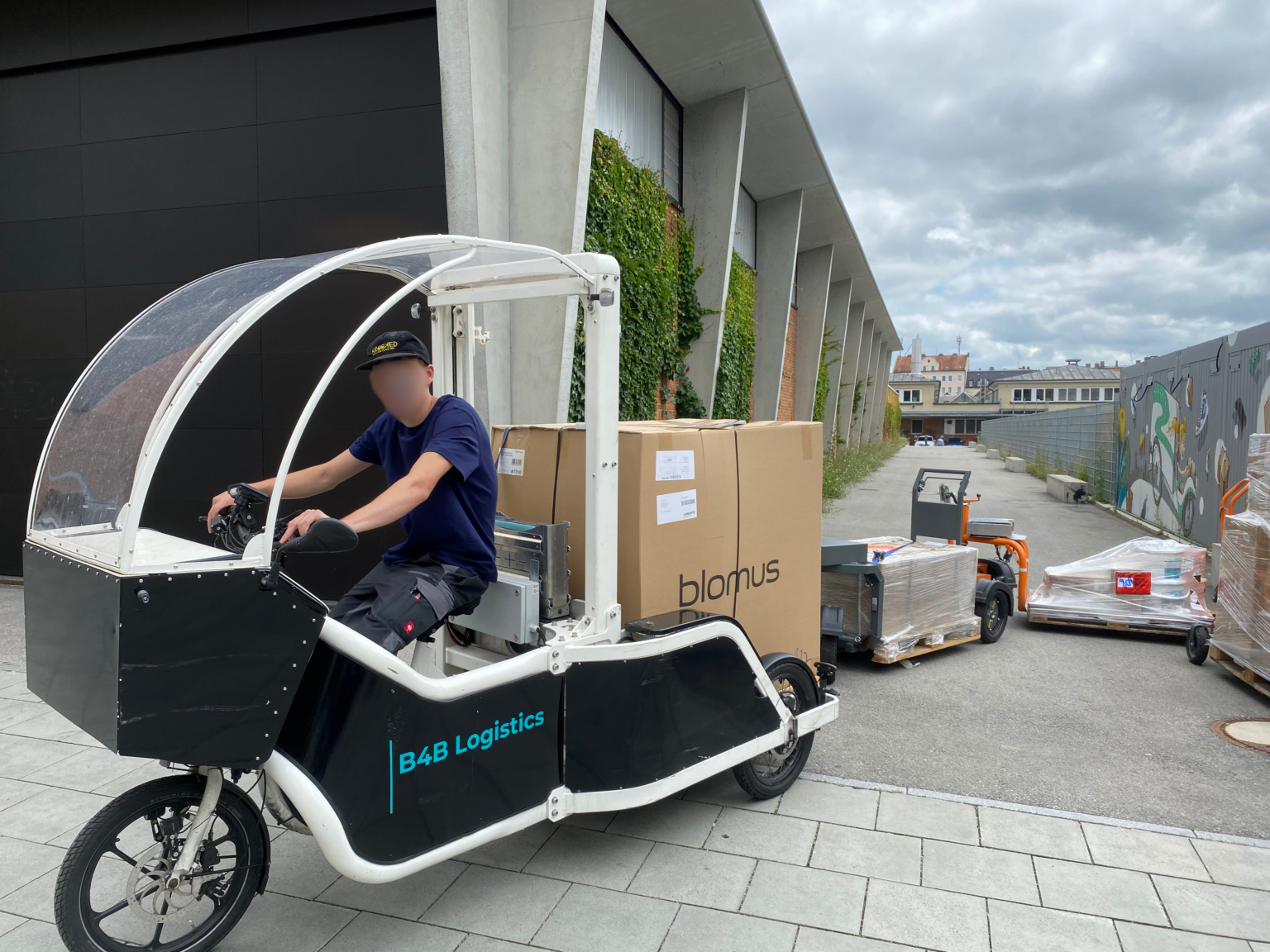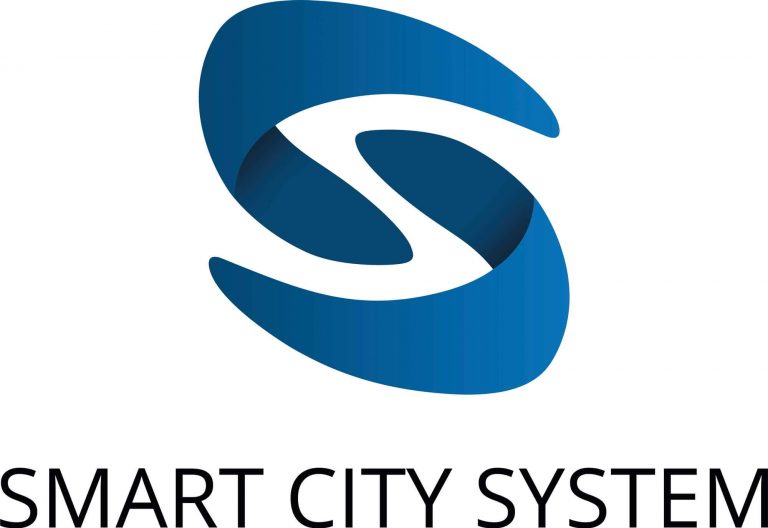Did you know that each German citizen receives, on average, 46 parcels per year [Parcel Delivery Statistics in the EU (2024) – Eurosender]? Whether it’s clothes, books, medicine, or a new tablet—ordered from a local shop or an international marketplace—your parcel is just one of millions crossing our cities every day, all seeking their final destination.
The rise of parcel delivery services has brought convenience to consumers and opened up new markets for businesses across Europe. However, this boom comes with significant challenges, particularly in last-mile delivery—the journey from the logistics hub to the end customer’s doorstep, workplace, or preferred collection point. Traditionally, these deliveries are handled by medium-sized delivery vehicles, often commercial vans. While the growing electrification of delivery fleets is a step forward, many challenges remain, including:
- Traffic congestion: Delivery vans add to already crowded urban streets.
- Curbside disruptions: Vans frequently block traffic or bike lanes during their short stops.
- Energy consumption: Even with electrification, energy use per parcel remains substantial.
- Urban space quality: The visual impact of the large delivery fleets reduces the overall quality of the space and the livability of our cities.
To tackle these issues, within the metaCCAZE project, Munich’s living lab is exploring an innovative, sustainable solution: the use of electric cargo bikes for last-mile delivery. This approach offers a promising alternative, but it also introduces its own unique challenges. Unlike vans, cargo bikes require a fundamentally different operational strategy:
- Smaller payloads and shorter ranges mean more frequent trips.
- Parcels must be consolidated at logistics hubs, where trucks deliver goods to be transferred to cargo bikes.
- Electric cargo bikes rely on efficient hub placement to minimise travel time and maximise coverage.
One of the key goals of the metaCCAZE project is to prove that sustainable deliveries aren’t just suitable for small parcels—they’re also viable for larger, commercial shipments. To achieve this, project partner B4B Logistics has introduced specialised e-cargo bikes capable of transporting euro pallets (120 x 80 x 14.4 cm) weighing up to 300 kg. These bikes are equipped with pallet lifts, allowing seamless transport of goods directly into customers’ buildings without additional equipment.
The City of Munich has already implemented a pilot project, the Viehhof Bicycle Logistic Hub, where several delivery companies operate e-cargo bike fleets for last-mile deliveries. Building on this success, the metaCCAZE project plans to expand the system by constructing and operating additional logistics hubs. Besides, the project will focus on identifying the needs and conditions required for a city-wide implementation, ensuring that such a system is both scalable and efficient.

Picture credits: LHM, DobnerAngerman
The Chair of Traffic Engineering and Control at the Technical University of Munich plays a key role as the “support partner” of the living lab. As a scientific institution, we provide our expertise to guide the planning and execution of logistics hubs. In addition, we will use our traffic data collection and simulation expertise to evaluate the impacts of e-cargo bike deployment, including:
- Reduced congestion: By replacing vans with cargo bikes.
- Lower emissions: Thanks to zero-emission vehicles.
- Fewer vehicle kilometers traveled (VKT): By optimising delivery routes and hub placement.
By combining innovation with scientific analysis, the metaCCAZE project aims to demonstrate that sustainable urban logistics is not just a concept for the future—it’s a practical, scalable solution for today. Who knows, maybe next time you order a book or washing machine, it will be delivered to your doorstep by a cargo bike!













